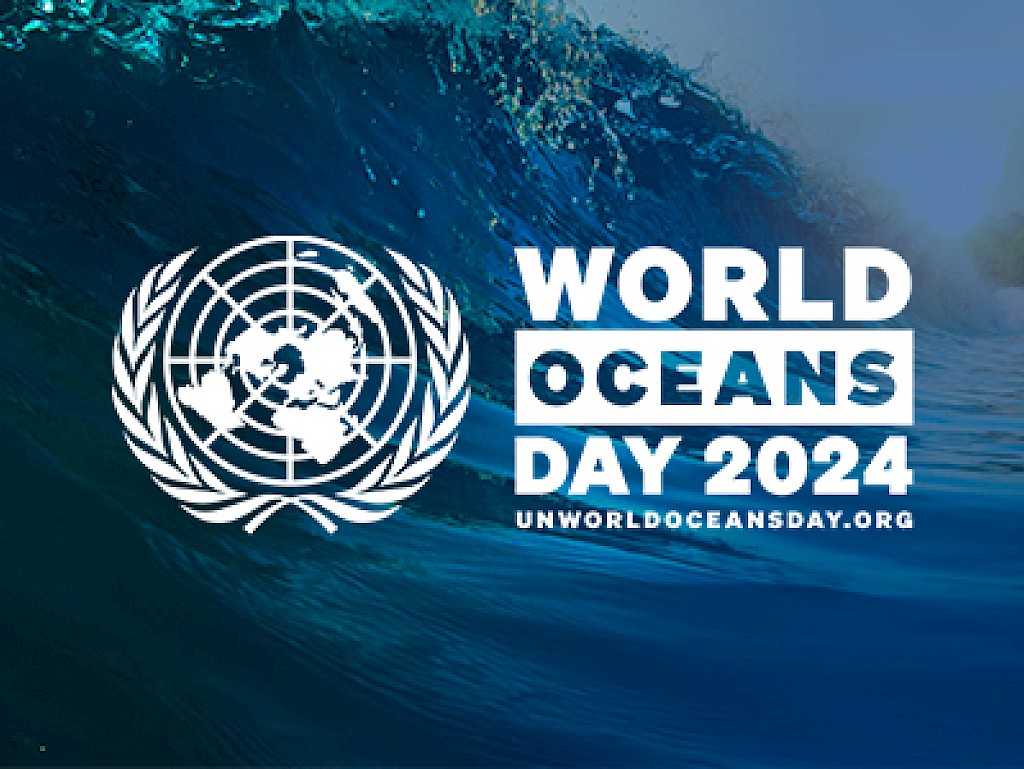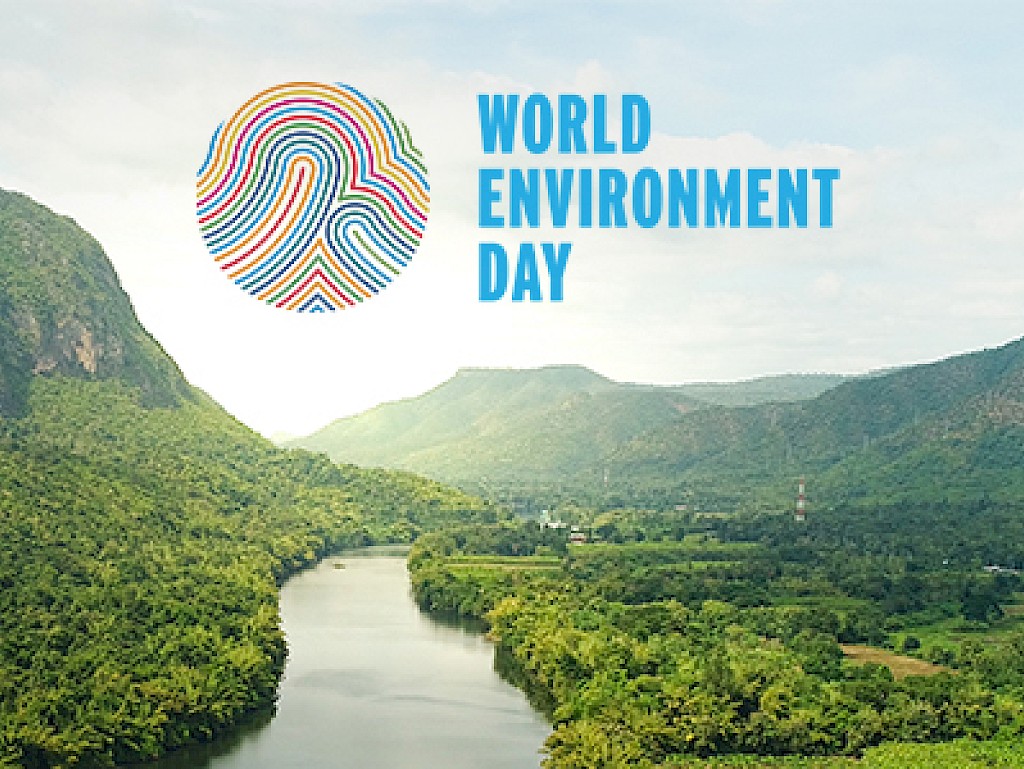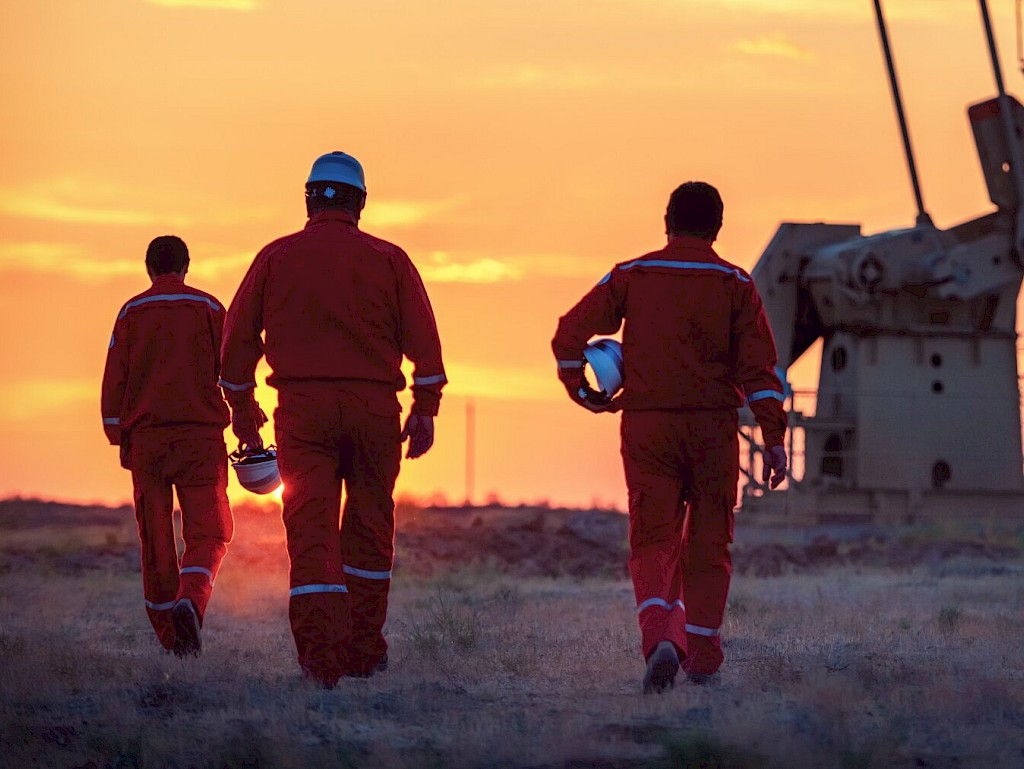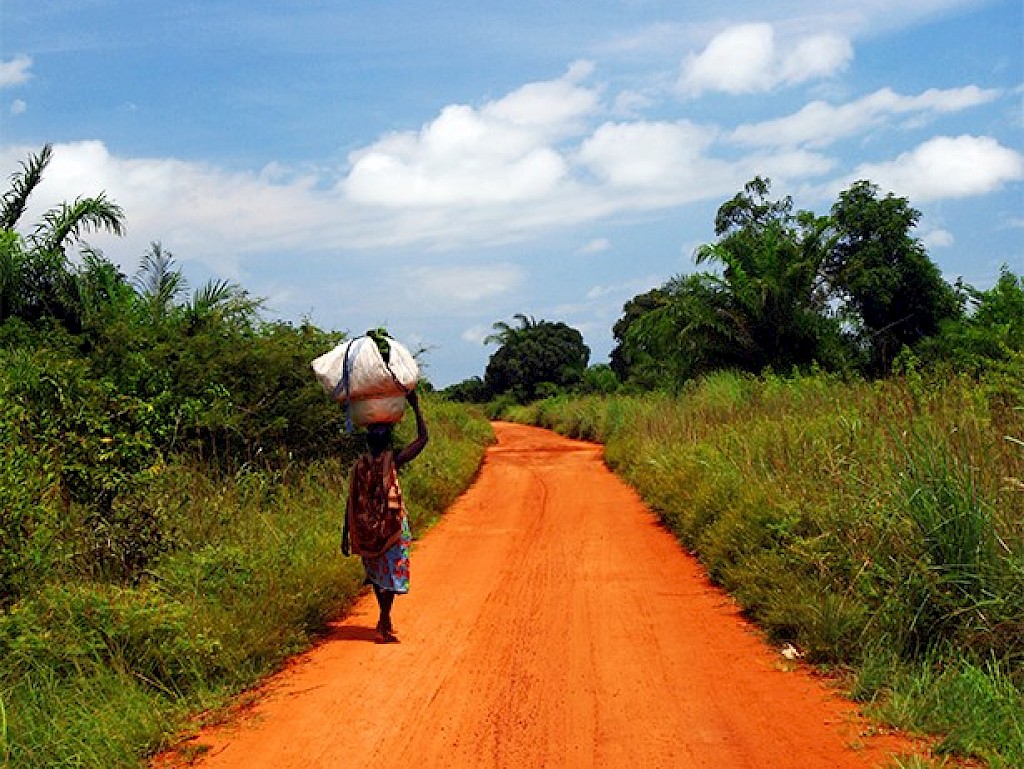As the UN reaches a landmark year, Ipieca Executive Director Brian Sullivan looks back at some of its major milestones, highlights the environmental and social impacts made by UN-Ipieca partnerships and reflects on why it is now more important than ever to solving the world's shared challenges.
This year the United Nations (UN) celebrates its 75th anniversary, and while the milestone comes at a time of great disruption, the COVID-19 pandemic is a stark reminder of the importance of cooperation across borders, sectors and generations.
As a truly global organization, the UN - formed by 193 member states - is leading the response to this unprecedent health crisis and the social and economic impacts left in its wake.
Working with hundreds of partners the UN is supporting the development of a vaccine, deploying emergency medical support around the world, and providing technical inputs to countries' response plans.
As part of efforts to tackle the socio-economic issues triggered by COVID-19, it has produced a framework to safeguard essential services and jobs, and launched a Build Back Better Fund to enable a recovery process that addresses the climate crisis, inequalities and exclusion.
A history of solving shared challenges
The world was dealing with the aftermath of a different sort of global battle when the UN was established in 1945 against the backdrop of the Second World War. Although the UN is widely known for its peacekeeping role, there are many other ways in which it makes the world a better place, convening the nations of the world to work on a range of issues including sustainable development, the environment, climate change and human rights.
The UN's strength is its power to convene the member states with a view to achieving consensus in an inclusive manner, even through and especially when they disagree.
The UN draws criticism and its mandate is challenged on occasion, and as a forum could have and still could deliver stronger outcomes for the world. However, it is defined and governed by its membership.
Over recent years it has shifted away from a top down approach dominated by a few influential member states. This is particularly relevant to issues such as climate change and sustainable development.
Prior to 2015 when the 2030 Agenda for Sustainable Development and also the Paris Agreement on climate change were agreed by the member states, a top down approach generated only limited progress and partial global agreement. Things changed in 2015 because the commitments to change were driven by the individual countries rather than a select few. In both sustainable development and climate change, countries were responsible for developing and implementing nationally determined contributions, ratified into national law in most cases. In the case of climate change 189 countries out of a possible 197 have done this. Each country is held accountable for progress and will be expected to aim even further at COP26. I doubt very much that this would have been achieved without the convening power of the UN.
Moving forward, we are seeing recognition of the importance of collaboration and partnership across sectors of society. Many of the major issues facing the world are too big for individual countries or sectors of society to deal with in isolation. The way forward is a truly inclusive approach and is articulated in its own Sustainable Development Goal (SDG), goal 17 Partnerships for the Goals.
The UN and Ipieca: an enduring partnership
The history of Ipieca, our very purpose in fact, is interlinked with that of the UN. We were founded in 1974 at the request of the UN Environment Programme to develop a shared oil and gas industry response to environmental and social issues.
Since then we've gone on to form impactful partnerships with a number of UN organizations and have taken part in some of the UN's most important initiatives over the last four decades.
UN Framework Convention onClimate Change Conferences
Ipieca was an active participant in the first ever Climate Change Conference, which are now generally known as COPs, in Germany in 1995. We've been present at every one since, including the landmark Kyoto conference in 1997 targeting greenhouse gas emissions, and the 2015 COP at which 175 countries produced the historic Paris Agreementto keep global temperature rise well below 2°C.
The UN Sustainable Development Goals
The UN Sustainable Development Summit in 2015 was a transformational moment for Ipieca. The Agenda 2030 Vision and 17 SDGs which span education, economic development, genderequality and sustainable energy for all, now underpin everything we do as an organisation.
In partnership with the UN Development Programme and the International Finance Corporation we produced 2017's Mapping the oil and gas industry to the Sustainable Development Goals: An Atlas. The Atlas describes the contributions oil and gas companies can make to each SDG, giving advice on how to incorporate the goals into their business activities and partnership approaches - within and beyond the industry - to help speed up the realisation of the goals.
We're currently working with the World Business Council for Sustainable Development on an SDG Roadmap, which will build on the Atlas, providing concrete actions the sector can take to support countries in their 2030 target to achieve the SDGs.
Human rights, biodiversity, climate and oil spill preparedness and response collaboration
The SDGs are just one area where we have had far reaching successwith UN organizations.
Human rights is a fundamental element of the UN's work. I'm proud to say that Ipieca contributed to the development of the UN Guiding Principles on Business and Human Rights and we now support our members to make these principles part of their everyday activities.
It's not just the climateCOPs where Ipieca is involved. We provide technical inputs to the Convention on Biological Diversity COPs, as well as sharing the outcomes from these conventions with our members to help them continue to protect and enhance biodiversity in and around their operations.
We've been an active member of the UN Environment Programme's Partnership for Clean Fuels and Vehicles, which has reduced leaded gasoline use from over 100 countries to just 2, greatly improving air, water, food qualityand most importantly health in these countries.
And last but not least, our long standing partnership with the International Maritime Organization (IMO), the Global Initiative, set up to improve oil spill preparedness and response and promote adoption of international conventions in more than 80 countries around the world.
The future we want
The theme of the UN's 75th anniversary celebrations is 'The Future We Want, the UN We Need: Reaffirming our Collective Commitment to Multilateralism'.
At Ipieca the future we are striving for is one where the 2030 Agenda for Sustainable Development's Vision is realised and hunger and inequalities become things of the past while tackling climate change and preserving our natural world for generations to come. This shared future, where no one is left behind, can only be achieved if we come together in a spirit of global partnership.The UN enables this through its convening power of all sectors of society and inclusive approach to addressing these major challenges.




